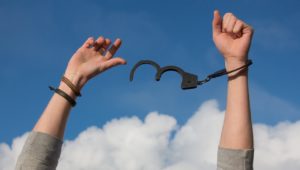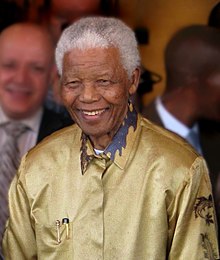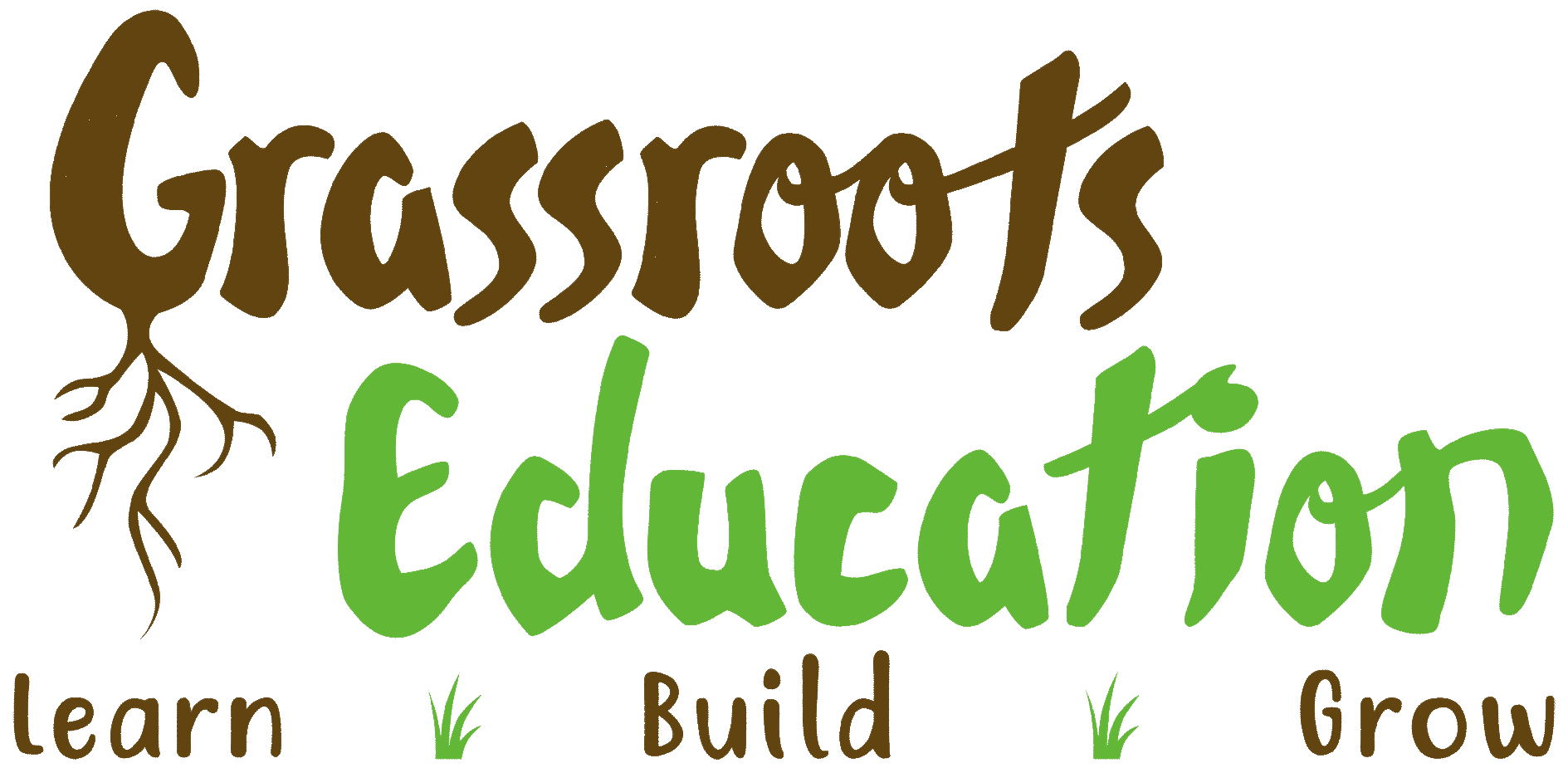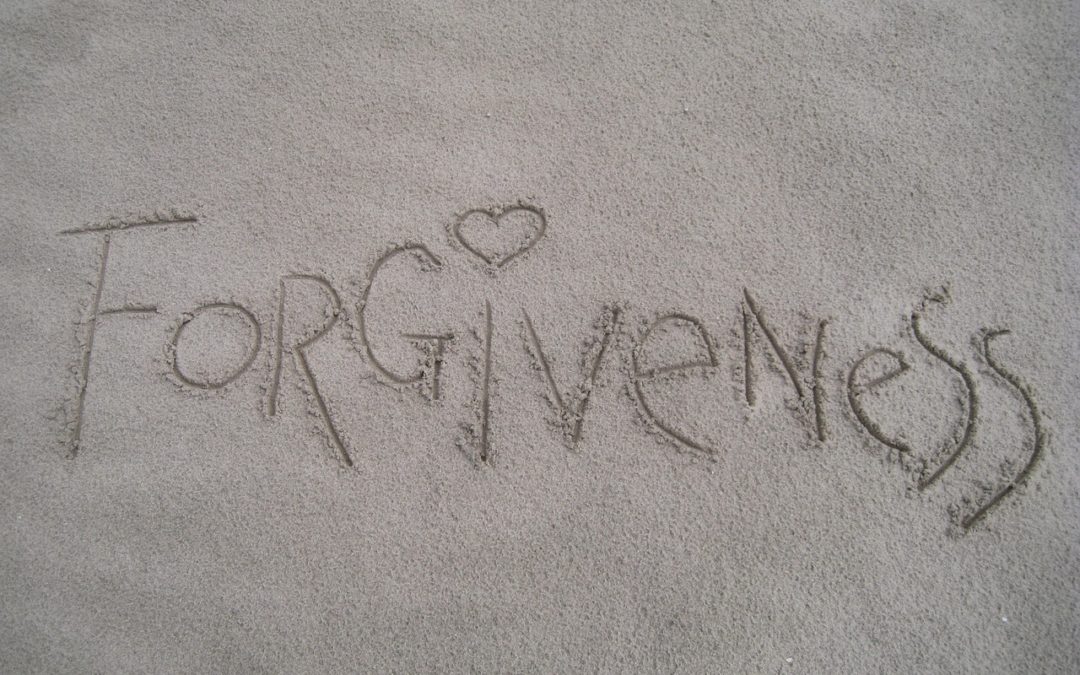Forgiveness
 By Dr. Marcia Davis-Dawkins
By Dr. Marcia Davis-Dawkins
Lewis S. Smedes, ethicist and theologian once said, “To forgive is to set a prisoner free and discover that the prisoner is you.” I would dare to add that it brings peace when you forgive. Many people, including myself, wrestle with forgiving others. What does it mean to forgive? The Cambridge Dictionary defines forgive as, “to stop blaming, feeling angry or resentful toward (someone) for an offense, flaw, or mistake.” For the most part, we have all heard that it is important to forgive those who have wronged us so we can move on and live at peace, yet we remain unforgiving. Like Iyanla Vanzant once mentioned, “Forgiveness is not what you do for someone else. It is what you must do to free yourself from distorted perceptions and judgments that create fear, anger, and hatred. It is what you must do to eliminate internal confusion and conflict. “
A long time friend shared this with me recently, “Don’t complain about who did you wrong and how unfair it was. If it were going to keep you from your destiny, God would not have permitted it. Shake it off and get ready for new doors to open, for new opportunities.” This was reiterated when I called another friend and told him that we should not harbor grudges or keep malice. I am also convinced that most times when we harbor malice and don’t forgive, we are the ones who are being hurt since the other person moves on and seems happy.
Death is certain. No one escapes it, but we have to live at peace with everyone so that we pass through with love and tranquility. Forgiveness does not come easily for most, though. We should make a concerted effort to do so. Just like we need each organ in our body, we also need each other. Consequently, we need to forgive each other so we can function as human beings. Don’t think about the things that people do to upset or frustrate us. Don’t poison our being by not forgiving.
When a deep injury is done to us….
I cannot write about forgiveness without thinking of Nelson Mandela who had many things to say about forgiveness. One of them is, “When a deep injury is done to us. We never heal until we forgive.” He endured many inequities that he would and could remain unforgiving about, but he chose to forgive because he wanted to move on. Being forgiving requires courage, but it goes a long way. I realize that we tend not only to remember, but often obsess about, the injustices done to us, but we can forgive the wrong doers. Mandela also said that “Resentment is like drinking poison and then hoping it will kill our enemies. “ It is easy to say we should forgive; we also have to realize that people deal with being hurt differently and that we don’t know the severity of the hurt.
As an educator, it can be challenging to teach forgiveness to our students especially when we are not forgiving. In a previous blog titled “Friendship,” I stressed that “Just as we don’t write off our friends after a small disagreement, we should also have a forgiving heart with our students. Each day starts with a clean slate and we never know how that single act of thoughtfulness can impact a student’s life.” I understand all too well how difficult that advice may be to follow, but holding grudges has no place in the classroom. Forgiving students for any and all past misbehaviors and indiscretions, including disrupting lessons, challenging authority, or bullying or ridiculing others is a powerful act. It takes concerted effort, for sure. Never react emotionally in the moment. Breathe, contemplate and choose your words wisely and thoughtfully. This forgiving, this form of complete absolution, serves to dissolve distrust and soothe vindictive hearts. It validates the notion that while one’s behavior may be unacceptable, they, as a student are still a valued member of the class. It helps students to understand that their past actions do not determine their future if they are willing to change egregious behavior. Forgive, both in the classroom and out!!

